The primary distinction between refined and unrefined hemp oil lies in their processing techniques and the resulting characteristics. Unrefined hemp oil is extracted using minimal heat (cold-pressed), which helps to maintain its natural colour, aroma, and most of its nutritional benefits, including essential fats, vitamins, and minerals. In contrast, refined hemp oil undergoes heat treatment and additional processes to eliminate impurities, resulting in a clearer, odourless oil with diminished nutritional value.
Unrefined Hemp Oil:
- Extraction: Cold-pressed, meaning no heat is applied during extraction, preserving the oil's natural components.
- Appearance: Ranges from light to dark green, with a nutty aroma and a slightly grassy or earthy taste.
- Nutritional Value: Retains most beneficial fats (such as omega-3 and omega-6), vitamins (like E), and other nutrients.
- Uses: Widely used in skincare for its moisturising and calming properties, as well as a dietary supplement and cooking oil.
- Shelf Life: May have a shorter shelf life due to a higher concentration of sensitive compounds.
Refined Hemp Oil:
- Extraction: Treated with heat and additional processes (like bleaching or deodorising) to remove impurities and alter its properties.
- Appearance: Clear and odourless, with a milder taste.
- Nutritional Value: Contains next to no beneficial fats, vitamins, and minerals compared to unrefined oil.
- Uses: Primarily utilised in industrial applications such as paints, varnishes, and biofuels due to its longer shelf life and lack of odour.
- Shelf Life: Generally has a longer shelf life than unrefined oil.
In summary, unrefined hemp oil retains more of its natural state and beneficial properties, while refined hemp oil is processed for specific industrial or commercial applications.

